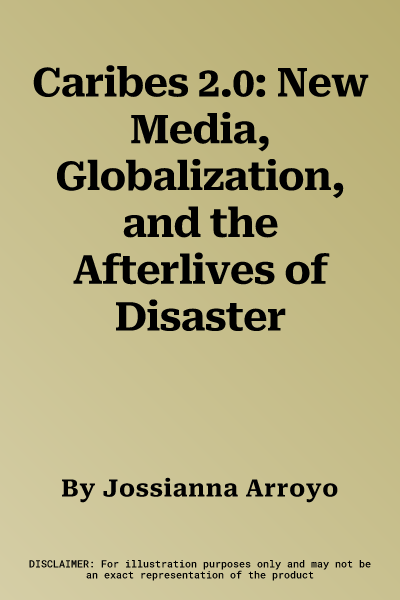In Caribes 2.0, author Jossianna Arroyo looks at the Caribbean
mediasphere in the twenty-first century. Arroyo argues that we have seen
a return to tropes such as blackface, brownface, cultural and ethnic
stereotypes, and violent representations of the poor, the marginalized,
and the racialized. Caribes 2.0 looks at these tropes as well as the
work of writers, vloggers, performers, and photographers that have
become media figures or have used new media platforms to promote their
work and examines how they are challenging and negotiating these media
representations. It analyzes contemporary Caribbean cultures to discuss,
taste, guides, and actions (social and virtual) that shape Caribbean
global communities today. Departing from Edouard Glissant's insight that
"Caribbean reality might not be accessed by remote control" the book
considers what types of political and social agencies are created by
mediation. Caribes 2.0 deviates from these historical-globalized views
of subjected, colonized Caribbean bodies, and their material conditions,
to examine the relationship between the local and the global in
contemporary Caribbean cultures, and the role that media is playing in
the invisibility or hyper-visibilty of Caribbean cultures in the islands
and the U.S. diaspora.

